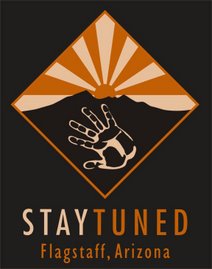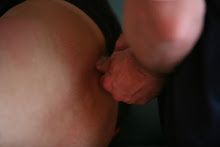Following a month of daily massage therapy, administered by parents, the white blood cell and neutrophil counts of children with leukemia increased significantly, according to a recent study. The research also revealed decreased anxiety and lower levels of depression in both the children and their parents.
"Leukemia immune changes following massage therapy" was conducted by researchers at the Touch Research Institute at the University of Miami School of Medicine, in conjunction with staff at Hollywood Memorial Regional Hospital. It was originally published in October 2001 in the Journal of Bodywork and Movement Therapies.
Twenty children with acute lymphoblastic leukemia were randomly assigned to either receive massage therapy or remain in a standard-treatment control group. Throughout the one-month study, each child continued to receive standard care for leukemia.
On the first day of the research, parents in the massage-therapy group were trained to massage their children under the guidance of massage therapists. Beginning with the child in the supine position, parents were instructed to start by stroking the face, followed by the stomach, legs and arms. With the child in the prone position, parents were taught to massage the back; rub and knead the shoulders; and stroke along the back, as well as from the crown to the feet.
The parents were told to massage their children at bedtime for 15 minutes every day for one month. They were also told that the massage was expected to aid in relaxation and the reduction of anxiety and depression.
Parents in the control group completed questionnaires on the first and last days of the research, and they were given the option of learning the massage at the end of the one-month study.Pre- and post-session assessments were made before and after the massage therapy and control sessions on the first day of research, to evaluate immediate effects. The State/Trait Anxiety Inventory (STAI) was used to measure the mood of the parents, who rated items such as "I feel nervous" and "I feel calm" on a scale that ranged from "not at all" to "very much so."
The Profile of Mood States (POMS) was used to evaluate both the parents and children. It consists of 20 adjectives, such as "blue," "sad" and "miserable," which are rated on a five-point scale, from "not at all" to "extremely." The State Anxiety Inventory for Children was also administered.
Long-term effects were measured on the first and last days of the study. The Center for Epidemiological Studies Depression Scale (CES-D), a 20-item scale that rates symptoms of depression throughout the past week on a four-point scale, from "rarely or none of the time" to "most or all of the time," was used to rate the parents' depression.
A complete blood count, which measures white blood cell and neutrophil counts, along with hemoglobin, was recorded from each child's medical chart on the first and last days of the study.
On the first day of the study, following the massage session, parents in the massage-therapy group had lower anxiety and depressed mood levels than parents in the control group. Children in the massage-therapy group had lower anxiety and depression levels after the first massage, as well.
From the first to the last day of the study, the depression level of the massage-therapy group parents decreased, and their children's white blood cell and neutrophil counts increased significantly.
According to the authors of this study, "The increased white blood count and neutrophil count following massage therapy suggests the usefulness of this therapy for maintaining optimal immune function over the course of cancer treatment."
- Source: The Touch Research Institute. Authors: Tiffany Field, Christy Cullen, Miguel Diego, Maria Hernandez-Reif, Phillippa Sprinz, Kristen Beebe, Bonnie Kissell, Vivian Bango-Sanchez. Originally published in the Journal of Bodywork and Movement Therapies, 2001, Vol. 5, pp. 271-274.
This article was written for Massage Magazine.


1 comment:
Post a Comment